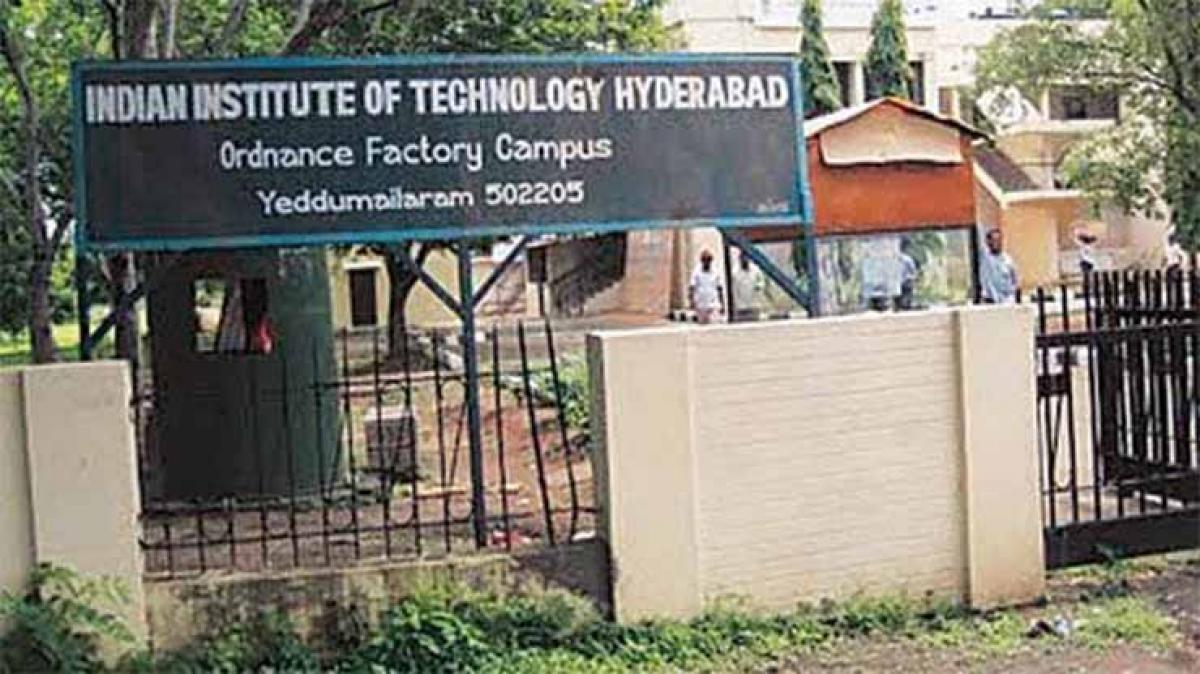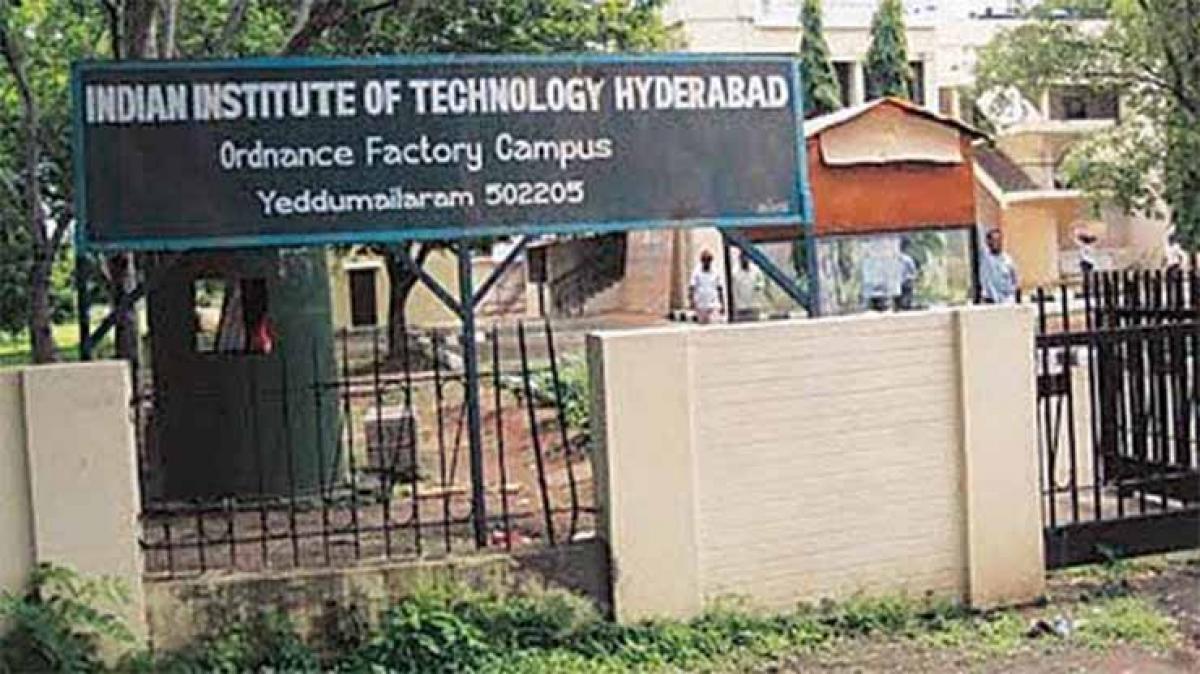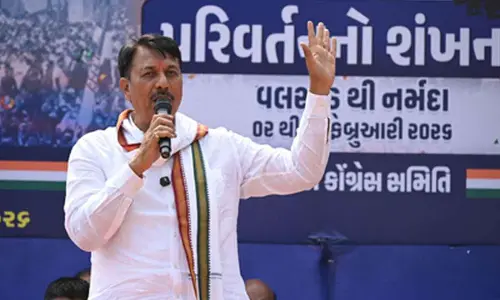IIT-H model to make ECGs available in remote areas

Researchers at IIT- Hyderabad (IIT-H) have come up with a cost and time effective method of treating cardiovascular diseases (CVDs) in remote areas where tertiary care units are not available. A team of four IIT-H professors have proposed a two-tier-cardiology framework in which electrocardiogram (ECG) records can be transmitted even when available resources such as power and bandwidth are limited.
New Delhi: Researchers at IIT- Hyderabad (IIT-H) have come up with a cost and time effective method of treating cardiovascular diseases (CVDs) in remote areas where tertiary care units are not available. A team of four IIT-H professors have proposed a two-tier-cardiology framework in which electrocardiogram (ECG) records can be transmitted even when available resources such as power and bandwidth are limited.

"A major chunk of the population lives in rural or semi-urban areas where healthcare facilities are inefficient and inadequate. To address this issue, we used compressed sampling ECG signals, applied mathematics and allied fields like machine learning," S Jana, one of the team-members, said.
"We have successfully designed practical compressive classifiers that require only a fraction of the usual number of ECG measurements for analysis, classification and reconstruction," he added. The team, comprising C S Sastry, B S Chandra, and T Roopak, believes that ECGs play a critical role in timely diagnosis and treatment, and the slightest delay in conducting and communicating the results could prove fatal for patients in need of immediate medical attention.
"The proposed solution will not only reduce the need to transport the patient to a diagnostic centre but will also be time- and cost-effective," Jana added. The team also believes that the proposed new paradigm will bring even the remotest communities under the ambit of integrated healthcare services.
"Although the algorithm accuracy check has been done, the system will take at least six months to be functional on the ground," Jana said. Cardiovascular diseases (CVDs), which have been the leading cause of death the world over, are also a major health issue in rural and urban India. (IANS)
By:Ruwa Shah














